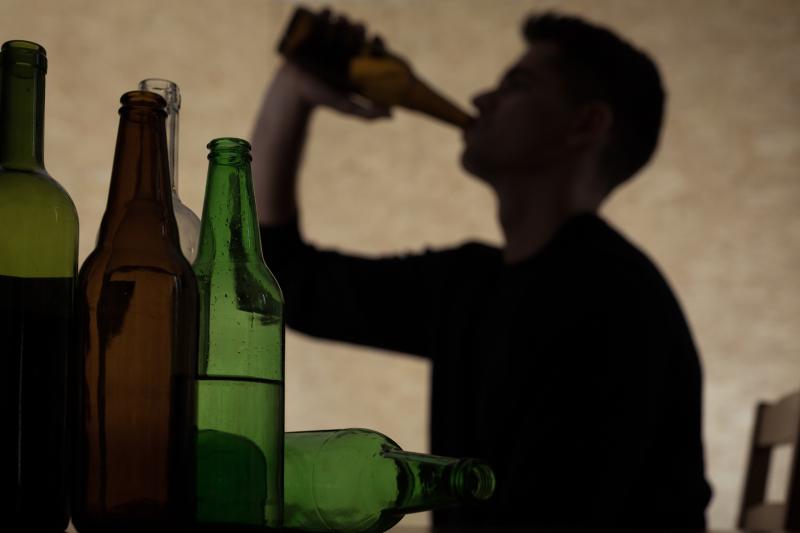
Add-on memantine (MEM) helps enhance the efficacy of naltrexone (NTX) in reducing alcohol drinking and craving among individuals with a positive family history of alcoholism, with the beneficial effects sustained even after discontinuation of MEM, according to the results of a phase II randomized crossover trial.
The study involved two 6–8 days treatment periods and three alcohol drinking paradigm (ADP) sessions. A total of 56 nontreatment-seeking heavy drinkers with alcohol dependence and a positive family history (FHP) of alcoholism underwent the baseline ADP1 session. Subsequently, the first treatment period was conducted, during which the participants were randomly assigned to receive NTX (50 mg/day) plus either placebo or MEM (20 mg/day). They completed ADP2 after treatment.
Following a 6-day washout, the participants were crossed over to the medication they did not receive in the first treatment period. They completed ADP3 at the end of the second treatment period. During each ADP, participants were given a priming alcoholic drink followed by three 1-hour, self-administration periods during which they had ad-lib access to 12 drinks.
Relative to baseline ADP1, both placebo and MEM groups showed a significant decrease in the number of drinks consumed (p<0.001) and in craving (p<0.001). There was a significant treatment sequence interaction on number of drinks consumed (p=0.004). In particular, the NTX + placebo followed by NTX + MEM sequence resulted in a further reduction in drinking (mean, −1.94, 95 percent confidence interval [CI], −2.6 to −0.8; p=0.0005), but not when the sequence was reversed (mean, 0.59, 95 percent CI, −0.67 to 1.43; p=0.47).
Results for alcohol craving showed a similar pattern, such that a significant reduction was observed when NTX + placebo was given before NTX + MEM (p=0.009) but not when the treatment sequence was reversed. There was no significant effect documented for alcohol-induced stimulation or sedation.